1. Seminar on Modern Criminological Theories
This course discusses modern criminological theories and the paradigms that shape criminological thought, including positivism, interactionism, and socialist paradigms. Based on these paradigms, the discussion of theories on crime is structured accordingly. These theories emphasize certain determinant factors that lead to crime, such as theories focusing on social environmental factors, anomie factors, norm conflict factors, learning process factors, social control factors, social labeling factors, and political factors.
Discusses modern criminological theories, particularly within groups that acknowledge socio-cultural determinism, including positivist, interactionist, and conflict schools of thought (1970s).
2. Seminar on the Philosophy of Criminology
This course discusses the foundations of sociological criminological thought, which form the scientific basis of criminology. The discussion covers the philosophy of knowledge, criminology ontology, criminology epistemology, criminology methodology, and criminology axiology (ethics and aesthetics) in studying crime, deviance, victims of crime, and social reactions to crime, deviance, and victims of crime.
3. Seminar on Criminological Research Methods
This course discusses social research methods in criminological research. The main topics discussed are the appropriate and proportional use of social research methods in criminological research, measurements in criminology, and research ethics.
4. Seminar on Postmodern and Cultural Criminological Theories
This course discusses postmodern criminological theories, socio-cultural and political determination, including theories of realism, feminism, constitutive (structuration, peace making, chaos, news making, welfare), and cultural theories.
5. Seminar on Victimology
This course explains victimization theories from conventional, critical to contemporary perspectives, clarifies victim typologies, the position and contribution of victims in the crimes they experience, the status of victims in society and the criminal justice system, the situation of vulnerable victim groups, victims’ rights, and the recovery of crime victims. The main topics include the relationship between victimology and criminology, theories and processes of victimization, national and international instruments relevant to crime victim protection efforts, problems and obstacles in victim protection efforts, and conducting social research in victimology studies.
6. Seminar on Penology
This course explains the history of penology’s development, the scope of penological studies, and the relationship between penology and criminology, as well as other disciplines. The main topics cover theories of punishment, their relationship with various other issues, the developmental context, and problems related to the implementation of punishment.
7. Seminar on Social Control of Crime
Discusses the understanding of social control as an activity often forgotten or neglected before legal control is implemented, the objectives of control, social control agents, and their role in crime control.
8. Dissertation
An academic work resulting from independent in-depth study and/or research, containing new contributions to the development of criminology, or finding new answers to problems whose solutions are currently known within criminological topics, or posing new questions about established matters in the field of criminology (in terms of science, technology, and art), under the supervision and guidance of a Promoter and Co-Promoter.
This Dissertation Examination includes: Proposal Defense (9 credits), Research Results Defense (14 credits), and Promotion Defense (5 credits).




